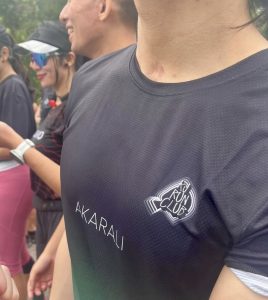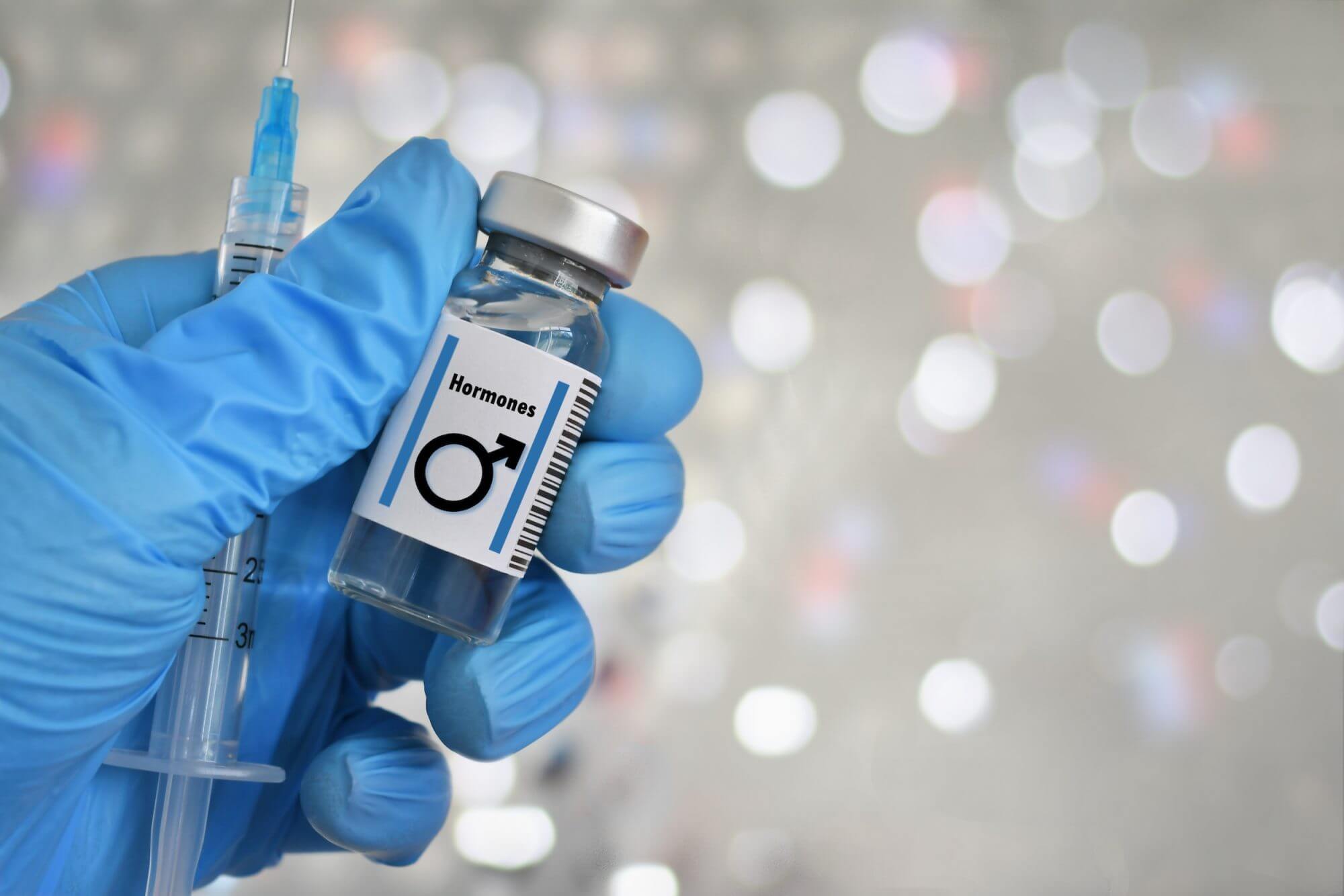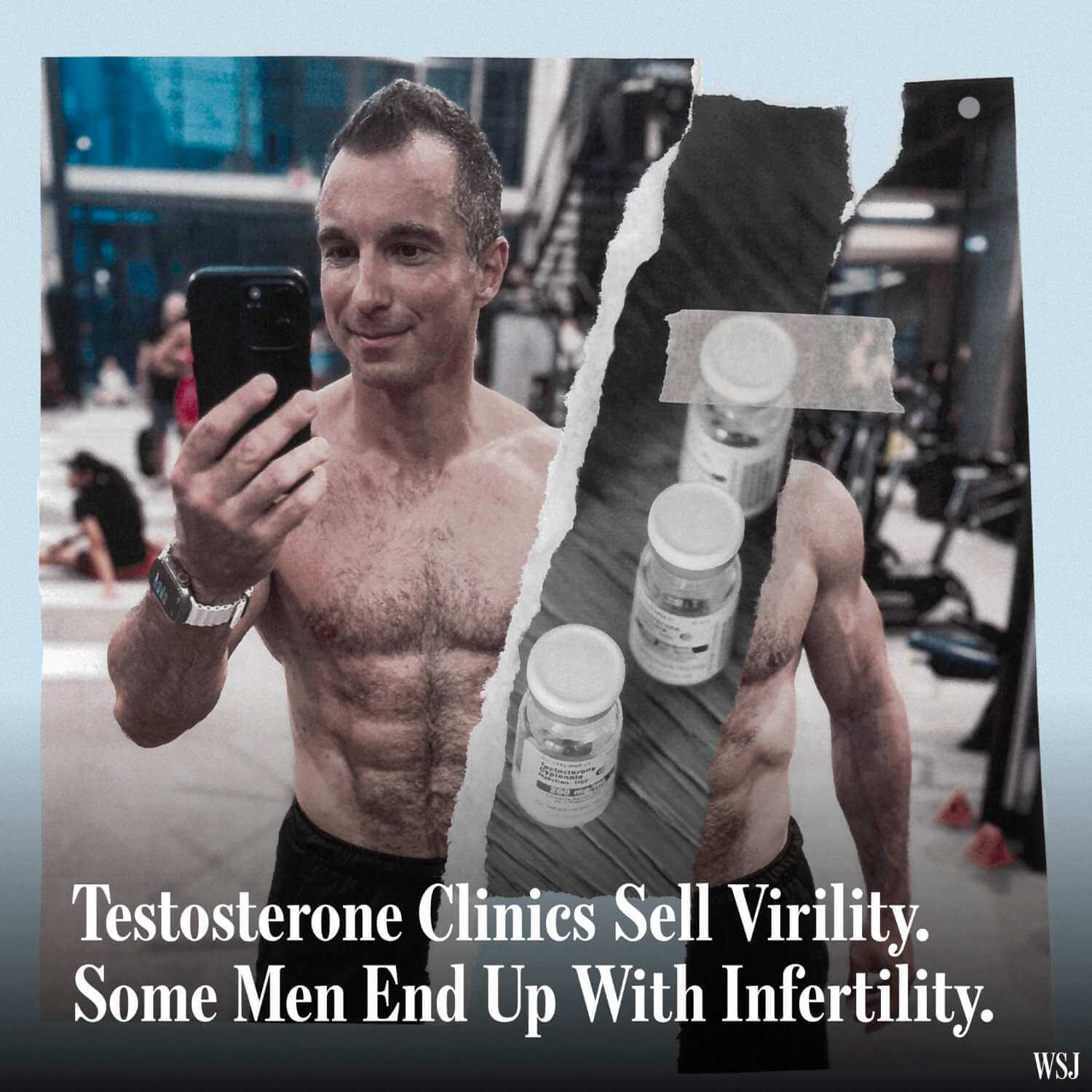

Testosterone replacement therapy (TRT) is being marketed to men as the secret to regaining youth, energy, and strength. Clinics and telehealth providers promise better libido and muscle mass, but the dark side of TRT often goes unmentioned.
From infertility to mood swings, many men experience life-altering side effects. David Pivovarov, who tried TRT, shares his detailed experience on WSJ podcast how the initial TRT benefits faded into anxiety, sleep issues, and emotional numbness.
Despite these risks and unpleasant experiences, the testosterone therapy industry is booming, raising questions about the costs of chasing virility.

In recent years, testosterone replacement therapy (TRT) has gained significant traction, with clinics, social media ads, and influencers promoting its benefits to men worldwide.
The promise is rather alluring: more energy, increased muscle mass, improved libido, and even better sleep. However, behind this booming business lies a darker side, often glossed over or hidden entirely from the spotlight—serious health risks and life-altering side effects that leave some men questioning whether the gains are worth the potential damage.
Testosterone therapy or TRT has been legitimized to benefit big pharmas despite growing risks.
The testosterone therapy industry has exploded since the early 2010s, driven not just by pharmaceutical companies such as AbbVie but by a growing network of men’s health clinics, online shops and telehealth providers.
The numbers in 2024 reflect this massive growth: prescriptions for testosterone have more than doubled over the last decade. But what began as a legitimate medical treatment for men with hypogonadism—clinically low testosterone levels—has morphed into a broader trend, catering to men looking to enhance their lives rather than treat a diagnosed condition.
“TRT is a lifestyle drugs that benefit the big pharma. It is a legitimate scam for the rich”, said Steve Thompson, a physician based in California.
Clinics prescribing TRT Androgels, patches, pills and injections have seized on this demand, offering TRT to those who may not necessarily need it but want to “optimize” their testosterone levels for peak performance.
The rebirth of TRT in recent years is in line with the growing popularity of natural testosterone supplements such as Tongkat Ali, viewed as better and safer alternative to TRT.
To understand the boom in testosterone clinics, it’s essential to explore the appeal.
Testosterone is a natural hormone responsible for a range of vital functions, including maintaining muscle mass, energy levels, and sexual health. As men age, their testosterone levels naturally decline, which can lead to fatigue, decreased libido, and loss of muscle strength. For those diagnosed with hypogonadism, synthetic testosterone has long been used to bring levels back to normal.
Synthetic TRT injections are heavily marketed and prescribed even though you don't need it
However, the marketing strategies employed by clinics have broadened the appeal of testosterone therapy far beyond those who medically need it.
Companies like AbbVie, the pharmaceutical giant behind the popular testosterone gel AndroGel, ran aggressive campaigns promoting “Low-T,” urging men to visit websites like isitlowt.com to see if they could be candidates for treatment. These campaigns did more than just raise awareness of a medical condition—they opened the door for men who felt “less than optimal” to consider TRT.
One of the central themes pushed by clinics today is the distinction between “normal” and “optimal” testosterone levels. Traditional doctors may test a man’s testosterone and determine that he falls within the normal range for his age.
But clinics catering to men’s health often frame the conversation differently: “Why settle for normal when you can be optimal?”
This question resonates deeply with men like David Pivovarov, a 40-year-old Miami resident who, despite maintaining an active lifestyle and good habits, found himself feeling more fatigued and sluggish as he aged.
In an interview with WSJ, he experienced issues after getting TRT injection from one of the man’s clinics.
“I thought it would let me be Sylvester Stallone in my 40s, but I had a whole gamut of issues.”
— David Pivovarov
David had always been in excellent health, so when a trainer at his gym recommended TRT, he decided to give it a try—not because his testosterone levels were low, but because he wanted to feel his best heading into his forties.
But he was wrong about it.
As demand for testosterone therapy has skyrocketed, clinics and telehealth providers have stepped in to fill the gap, offering convenient, often expensive treatments to men across the U.S. The business is booming: some clinics rake in tens of millions of dollars in sales annually, with individual patients paying thousands of dollars each year for their treatments.
Clinics like The Biostation, which operates nine locations across Florida, specialize in hormone replacement therapy (HRT) for men and women. Testosterone therapy is one of their best-selling services.
TRT is expensive yet every men that I know had to a shot at it. But they never returned.
— Steve Hastings, Texas
According to WSJ report, when David visited The Biostation, his blood work showed that his testosterone levels were within the normal range.
The clinic’s nurse practitioner acknowledged that David wasn’t a typical candidate for TRT, but David insisted that he wanted to go ahead with the treatment anyway.
To his surprise, the nurse agreed.
The Biostation declined to comment specifically on David’s case, citing confidentiality rules, but did emphasize that they only prescribe testosterone when it is appropriate. However, David’s experience illustrates a key point about the booming TRT industry: even men without a clinical need for testosterone are often enticed by the promise of optimal health, strength, and energy—and clinics are more than willing to accommodate them.
While there are natural testosterone supplements that actually work, it was never sold in the men’s clinic. Perhaps the efficacy isn’t up to mark to the synthetic TRT drugs.
At first, David’s experience with testosterone was everything he had hoped for. Within 72 hours of his first injection, his strength in the gym improved, his sleep deepened, and his energy levels soared. Like many men who try TRT, David felt like he had unlocked a new level of vitality.
This sense of euphoria, combined with the visible improvements in physical appearance and performance, is a key factor in TRT’s widespread appeal.
For the first month or so, everything seemed to be going perfectly for David. He looked and felt better than ever, and his initial investment in testosterone therapy appeared to be paying off in spades.
In the UK, Freddie was amongst many British consumers who fell for TRT as a solution to his low-T symptoms, but soon he decided to opt for natural testosterone supplements such as Tongkat Ali after it messes with his hormones, mood and libido.
– Freddie Mee, Leicestershire, UK
But after about a month, things began to take a turn for the worse. David’s initial euphoria was replaced by a sense of emotional flatness.
And his experience was shared by a number of TRT users in the US, UK and Australia.
His libido vanished, his blood pressure spiked, and he struggled with anxiety. Worst of all, his sleep—previously one of the areas that had improved dramatically—became disrupted. He could barely manage five hours of sleep a night, leaving him feeling more exhausted than ever.
When David raised these issues with the clinic, they seemed surprised. The nurse practitioner offered him additional hormonal treatments to try and balance the side effects, but the treatments came at an extra cost—one that David wasn’t sure he wanted to pay, especially as the benefits seemed to wear off quickly.
David’s story is not unique.
The side effects of testosterone therapy can range from mild inconveniences to serious health risks. Among the most common side effects is infertility: injecting testosterone causes the body to stop producing its own natural supply, which in turn can lead to a dramatic reduction in sperm count. In fact, some doctors now consider testosterone therapy to be a form of male birth control. Other side effects include acne, blood clots, sleep apnea, and mood swings, colloquially known as “roid rage.”
For David, the accumulation of side effects made him question whether testosterone therapy was worth the cost—both financially and physically.
As Sales of AndroGel soared past $1.1 billion at one point, the sales plummeted in subsequent years due to increasing legal suits from men complaining on cardiovascular problems after taking TRT.
Jeffrey Konrad, a traffic consultant in Tennessee, started taking AbbVie’s heavily advertised testosterone drug AndroGel in 2010 and suffered a heart attack shortly thereafter.
Now he’s one of 4,100 men suing the company over allegations that AndroGel caused their cardiovascular problems—and he’s the first to offer testimony in a class action case in a U.S. District Court in Illinois.
One of the most concerning aspects of testosterone therapy is that it’s not something you can easily stop once you’ve started. When men inject synthetic testosterone, their bodies stop producing the hormone naturally. This means that going off testosterone can cause levels to plummet to zero, leaving men feeling worse than before they began the therapy.
You can't stop TRT once you have started. It is a form of drug addiction and this is bad.
Doctors can prescribe medications to help boost natural testosterone production as patients wean off synthetic hormones, but the process can take months, and some men may never fully recover their original levels.
For many men, TRT becomes a lifelong commitment. Even David, who decided to stop taking testosterone earlier this year, remains on a different steroid to manage the lingering symptoms of TRT.
For David, some of the damage appears to be permanent. His blood pressure and sleep patterns have returned to normal since he stopped TRT, but his libido and acne have not recovered.
“It was a strange feeling to be able to have sex and not feel a thing,” he admits, highlighting the emotional toll the therapy has taken on his life.
For Freddie who stopped TRT after his 1st treatment, was lucky to have switched to Tongkat Ali as his daily natural supplement to keep his testosterone level optimal at all times.
Despite these risks, the testosterone therapy industry shows no signs of slowing down. As men—especially aging baby boomers—seek ways to maintain their youth and vitality, the demand for testosterone therapy will likely continue to grow.
The rise of TRT clinics poses important questions about the ethics of marketing testosterone therapy to men who may not truly need it. With clinics and telehealth providers often operating in a regulatory gray area, the full scope of potential side effects is not always communicated to patients.
As more men like David share their experiences, it’s possible that the conversation around testosterone therapy will shift from one focused purely on the benefits to one that acknowledges the very real risks involved.
Until then, men considering TRT should weigh the pros and cons carefully and consult with a qualified healthcare provider before making any decisions that could impact their health for years to come.
Testosterone replacement therapy offers the promise of a better, stronger, more vital life—but the reality is far more complicated. While many men experience short-term benefits, the potential for long-term damage is real and significant. For men like David Pivovarov, the initial excitement of increased energy and muscle mass gave way to emotional numbness, anxiety, and ongoing health problems.
As the testosterone industry continues to grow, men must ask themselves: Is the pursuit of “optimal” health worth the potential cost?

Alex Kua leads AKARALI’s Global Partnership Community to help athletes, sports communities, and thousand of others optimize their well-being through evidence-based research that enables them to make better informed decisions. His legal and business consulting background underpins the rigorous data-driven approach in his writing – from hours of interviews, real-world performance data, and firsthand experiences of real people – offering actionable insights that connects clinical research, emerging health trends, and real-world applications. He is also an experienced researcher in herbal nutrition, with years of deep technical knowledge on Tongkat Ali (Eurycoma longifolia), including quality standards, industry benchmarks, lab tests, clinical trials, and the use of natural herbs by collaborating with top scientists, herbal experts, and nutritionists. As part of the core team behind AKARALI’s knowledge portal, he empowers people worldwide to access the benefits of high-quality herbal nutrition in a way that is effective, sustainable, and safe. He is also an avid runner, with regular participation in local sports communities and running events.
Our articles are third party reviewed by our panel of experts and medical advisors to ensure the facts are accurate and credible. These are validated against multiple source references which include but not limited to research studies, peer-reviewed journals, pre-clinical studies, clinical tests and other credible publications.
Our panel of medical advisors and experts are highly experienced in their individual fields. However, they do not provide any medical advice or recommendations arising from content published in this article.
Disclaimer:
The content published on this website is for educational purposes and should not be viewed, read, or seen as a prescription or constitute any form of medical advice. We recommend you consult your nearest GP or doctors before consuming Tongkat Ali or any products which contain Tongkat Ali. For further information, kindly refer to our Frequently Asked Questions (FAQ) for more information.